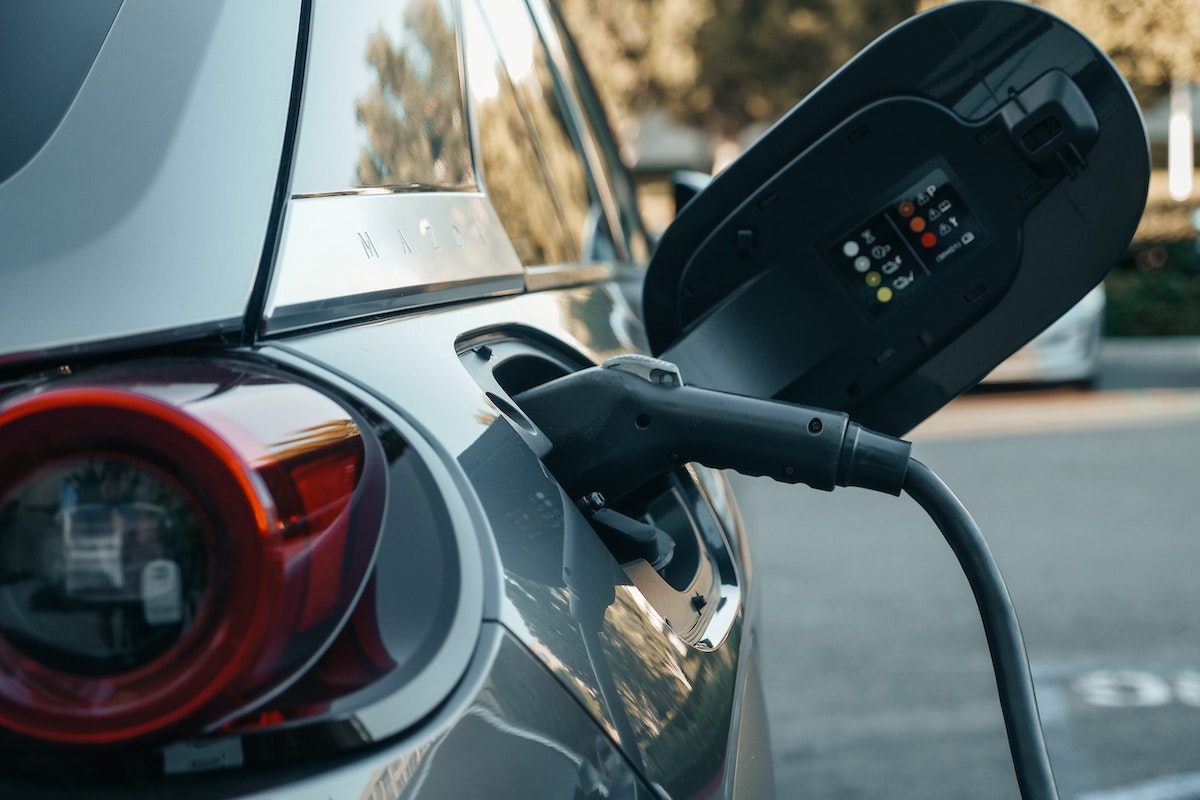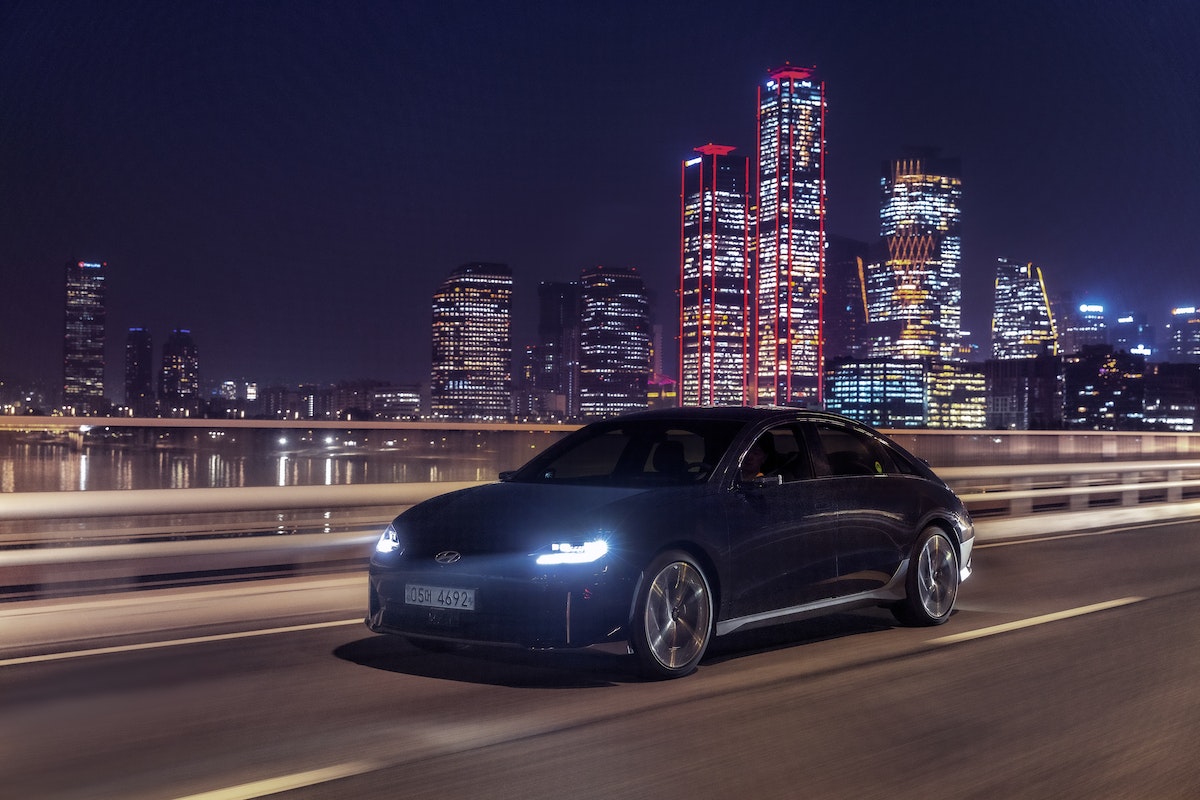- Charging an EV is easy with two main options available – Level 1 and Level 2 – at home or through public charging stations.
- Range and battery life of EVs can range up to 400 miles on a single charge and last up to 8 years/100,000 miles.
- Ownership costs of EVs vary, but incentives and tax credits can offset initial costs.
- EVs have a smaller environmental impact than traditional gasoline-powered vehicles, producing no tailpipe emissions and less noise pollution.
Switching from a traditional gasoline-powered car to an electric vehicle (EV) can be intimidating, especially if you’ve never owned one. But there’s no need to worry. Here’s a walkthrough of what you need to know when making the switch, so you can make an informed decision and get the most out of your new ride. Here’s what you need to know when switching to an electric car.
Charging Your Electric Car
One of many people’s first concerns when switching to an electric vehicle is whether they can charge it properly. Fortunately, charging your EV is easy with today’s technology—you can charge your car at home or on the go. Here’s what you need to know about charging your EV:
Home Charging
EVs are designed to be charged at home, and there are two main ways to do this:
- Level 1 charging– plugging the car into a standard 120-volt outlet. This is the slowest method of charging, but it’s convenient if you don’t have access to faster options. It typically takes 10–20 hours for a full charge, depending on the size of your battery.
- Level 2 charging– upgrading to a 240-volt outlet will allow you to charge your car much faster than level 1 charging and is the most common way people charge their EVs at home. It typically takes 4–6 hours for a full charge, depending on the size of your battery.
On-the-Go Charging
If you plan on taking your electric car out of town, you’ll need to find a public charging station. There are two main types of public charging stations:
- Level 1 and 2 charging are the same as level 1 and 2 at-home charging but in a public setting.
- DC fast charging is a type of charging station that is the fastest way to charge your EV, typically taking 20–40 minutes for a full charge.
Range and Battery Life
When it comes to EVs, range, and battery life are key considerations. Generally speaking, electric cars range anywhere from 100–400 miles, depending on the make and model. Battery life is also important, as it determines how long your EV will last before recharging. The average electric car battery can last up to 8 years or 100,000 miles.

Cost of Ownership
The cost of ownership of EVs is another major consideration for anyone looking into purchasing an electric vehicle. While it’s true that EVs typically carry a higher initial price tag than their gasoline-powered counterparts, they also tend to be cheaper in terms of maintenance costs over time due to their lack of complex mechanical parts and systems. Here are some of the potential associated costs of owning an EV:
- Initial Cost: EVs are typically more expensive than traditional gas-powered cars, but incentives and tax credits are often available to help offset this cost.
- Maintenance: conventional vehicles require regular oil changes, tune-ups, and filter replacements, whereas EVs don’t need any. As a result, the maintenance cost is typically much lower for electric cars.
- Fuel: EVs are powered by electricity instead of gasoline, so you’ll never need to worry about refueling your car.
Environmental Impact
The environmental impact of electric cars is one of the major benefits that draw people to them. EVs produce no tailpipe emissions, meaning they have a much lower carbon footprint than traditional gas-powered vehicles. Here are the environmental benefits of EVs:
Lower Emissions
EVs produce no tailpipe emissions, significantly lowering carbon dioxide (CO2) and other harmful pollutants. This helps to reduce the overall environmental impact of transportation. Additionally, EVs are powered by electricity, so you can power your car with renewable energy sources.
Lower Noise Pollution
Conventional gas-powered vehicles produce significant noise pollution, but electric cars are much quieter. This helps to reduce overall noise levels in your neighborhood and makes for a more peaceful driving experience.

Range Anxiety
Range anxiety is a term EV owners use to describe the fear that their car won’t have enough range (mileage) between charges to reach their destination without running out of power. However, this fear is largely unfounded—modern EVs can travel upwards of 200 miles on a single charge depending on model and conditions—and technologies like regenerative braking help extend the range even further.
Modern navigation systems now feature “range alerts” that help drivers plan routes based on their estimated range and battery level to ensure they always have enough power left in reserve for unexpected detours or delays.
Ultimately, switching to an electric vehicle is smart for many drivers. With the right information and preparation, you can be confident that your EV will provide you with all the advantages of owning a modern car without sacrificing range or performance. So, what are you waiting for? Make the switch today and start reaping the benefits.
